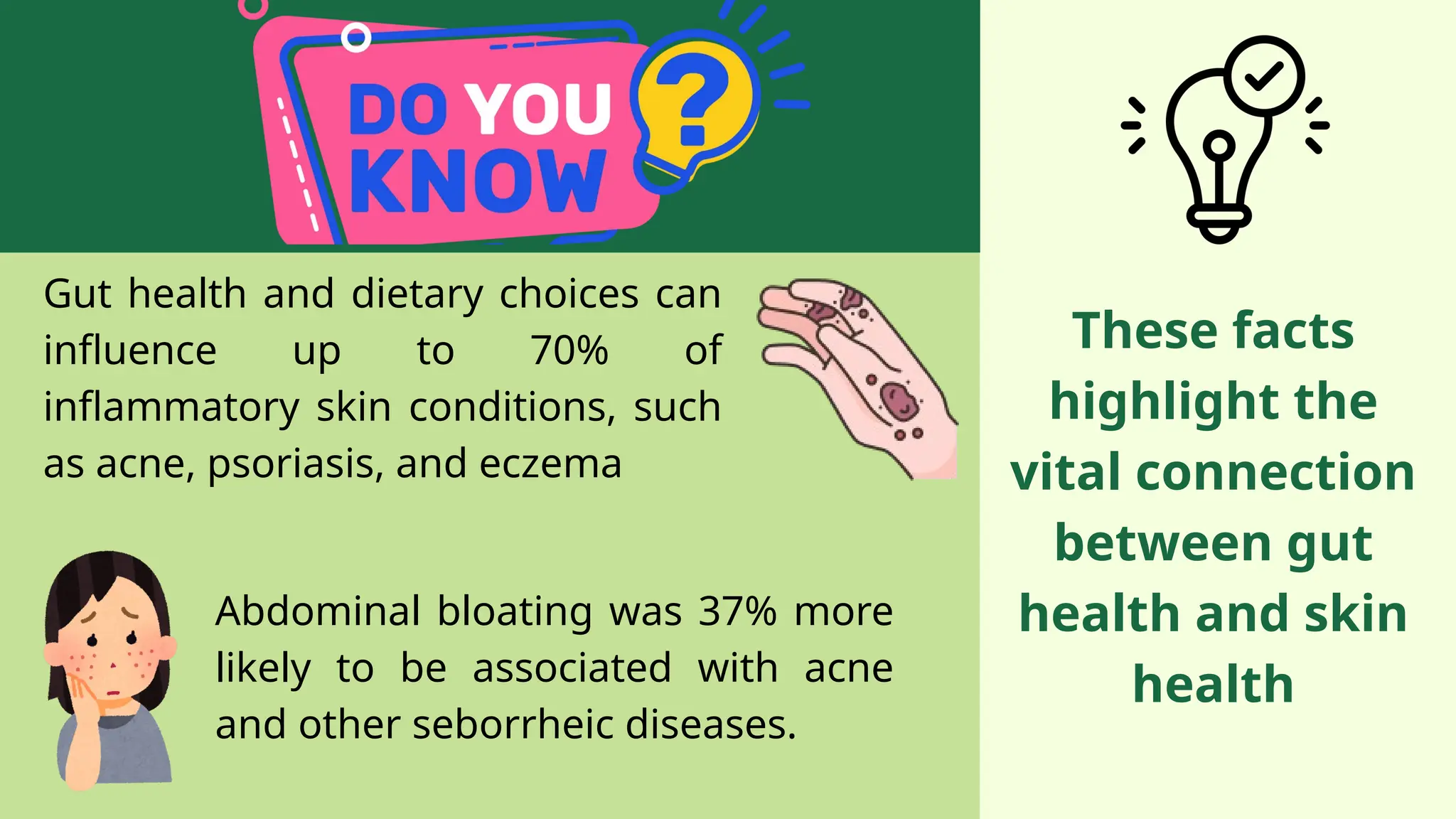Health is a condition of mental, physical and emotional well-being where infirmity and illness are absent. Health is a state where we are free to enjoy our life, without having to worry about the diseases, infections and related risks. It is the state of mind that is healthy and optimistic. It is a condition of body and mind that creates a balance. The most essential element of our health is water. In this article, I will discuss water for health.
Water is an essential element for life. It regulates the growth of cells as well-being and psychological well-being. It provides many positive effects on the body by regulating bowel movement and metabolism, regulating body temperature, providing hydration to the skin, regulating blood pressure, and more. It also has an effect on physical well-being by preventing constipation, improving blood circulation, relieving stress, reducing the symptoms of irritable bowel syndrome, and more. Drinking adequate amounts of water during the day improves digestion, increases absorption of nutrients in the intestines, improves the function of the kidney and increases energy levels of the skin and muscles. It also has an effect on the mood of the person.
People who lead a healthy lifestyle are less likely to develop serious illnesses and diseases such as diabetes and cardiovascular problems. A healthy lifestyle involves a balanced diet, regular exercise, and minimizing exposure to environmental factors that may affect physical health. A well-balanced diet includes an intake of fruits, vegetables, whole grains, and lean meats. It also includes low-fat dairy products and limit the consumption of saturated fat, salt, and sugar.
Mental health and physical health are interrelated because both affect each other. People who are mentally healthy are usually physically healthy. People who are mentally ill are not physically healthy. Therefore, poor mental health leads to physical illness.
Health disparities in health status are significant. Although there is no reason to think that health differences between groups are purely genetic, biological, or environmentally influenced, it is worth noting that they do exist. Disparities in health status can have harmful effects on society. Poor health allows individuals to be subject to discrimination and stigmatization. The impact of health disparities can be quite severe, as some diseases may not be detected or treated in certain situations.
Poor socioeconomic status can also lead to lack of access to some important healthcare services. Some of these services include breast examinations, HIV/AIDS tests, routine screenings for depression and arthritis, dental care, and vision care. In order to prevent the adverse effects of these lifestyle choices on overall health, individuals should make all their health care decisions based on what is best for them. Individuals who are obese or suffering from chronic conditions should consult with their doctors and make changes according to their individual needs.







 Financial Wellness Through Fitness: Budgeting for Health and Calculating ROI on Wellness Spending
Financial Wellness Through Fitness: Budgeting for Health and Calculating ROI on Wellness Spending  Your Roadmap to Recovery: Navigating Life After Full-Arch Dental Implants
Your Roadmap to Recovery: Navigating Life After Full-Arch Dental Implants  Navigating Acne Treatments and Product Compatibility for Sensitive, Reactive Skin Types
Navigating Acne Treatments and Product Compatibility for Sensitive, Reactive Skin Types  Adapting Fitness and Nutrition for Long-Term Healthspan in Peri-Menopause and Menopause
Adapting Fitness and Nutrition for Long-Term Healthspan in Peri-Menopause and Menopause  The Intersection of Skin Health and Metabolic Wellness: It’s More Than Skin Deep
The Intersection of Skin Health and Metabolic Wellness: It’s More Than Skin Deep  Adapting Strength Training for Individuals with Autoimmune Conditions and Chronic Fatigue
Adapting Strength Training for Individuals with Autoimmune Conditions and Chronic Fatigue  Gentle Fitness for Long COVID Recovery and Energy Management: A Compassionate Guide
Gentle Fitness for Long COVID Recovery and Energy Management: A Compassionate Guide  The Future of Teledentistry: Remote Monitoring, Consultations, and a New Era of Preventive Care
The Future of Teledentistry: Remote Monitoring, Consultations, and a New Era of Preventive Care  Comprehensive Dental Wellness Strategies for Peri-Menopausal and Menopausal Women
Comprehensive Dental Wellness Strategies for Peri-Menopausal and Menopausal Women 